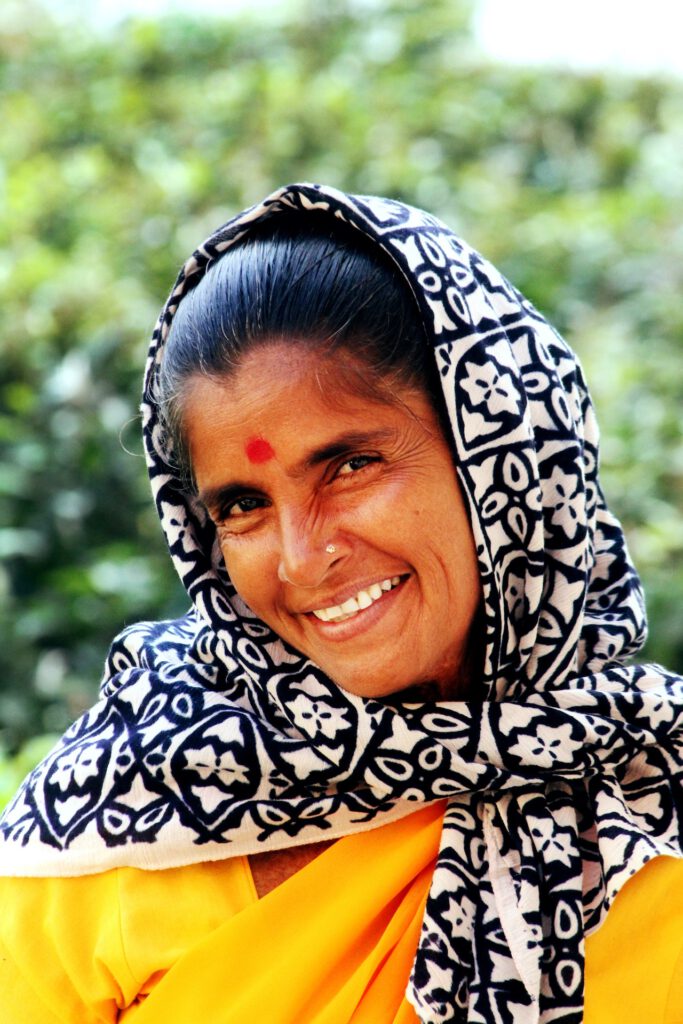Blogs|Blogs
Period Poverty and the Sanitation Crisis
What’s red, a bit messy, and impacts half the world’s population every month? No, it’s not a crime scene. It’s menstruation.
For menstruating people around the globe, getting a period is a real pain—literally. From dealing with cramps to finding a clean, private place to go to the bathroom, there are plenty of challenges that come with being on your period. But for women and girls living in poverty, these challenges can be even greater.
What Is Period Poverty?
One of the biggest struggles for people living in poverty is finding a clean and sanitary place to go to the bathroom. This lack of access to clean toilets can lead to all sorts of problems, from urinary tract infections to deadly diseases like cholera.
And when people can’t afford pads or tampons, they may have to resort to using old rags, leaves, or even ash in an attempt to absorb their flow. This not only increases their risk of infection, but it can also be incredibly uncomfortable.
Beyond discomfort and diseases, periods can be a huge financial burden. In the last few years, the cost of period supplies has gone up as much as 10%. So even with access to those materials, it can be hard to buy them in the first place.
And because those in poverty don’t always have access to clean, private bathrooms, they may have to miss school or work. This can lead to them falling behind in their studies or losing out on income that they desperately need.
In short, period poverty = a lack of access to menstruation products, clean spaces, and vital education.

How Period Poverty Affects Your Life
While period poverty may seem like a women’s issue, we feel that it’s really a human rights issue. And it doesn’t just affect those who menstruate—it affects everyone.
That’s because when people can’t go to school or work because of their period, it doesn’t just impact them. It impacts their families, their communities, and the world at large. Economic output is lower, poverty rates are higher, and gender equality is further out of reach.
How to Encourage Positive Dialogue About Periods
In order to end period poverty, we need to start talking about it. And that starts with breaking the stigma around periods. Too often, menstruation is seen as something gross, and we understand why. It’s painful to experience and uncomfortable to talk about, and when things are uncomfortable, it’s easy to sweep them under the rug.
It’s also dealing with a sensitive part of the body that’s directly connected with sexuality, so it can be hard to separate the two. But it’s a natural, normal process that half the world goes through every single month.
In fact, it’s really something to celebrate! Without periods, you wouldn’t even be here reading this article. Maybe we should turn them into monthly parties instead of something to be ashamed of.
Talking positively about periods will look different for everyone, but we can start by educating ourselves and others about menstruation. Learning about how periods work and how they affect the body can help destigmatize them.
If we can shift the way we think and talk about periods, period poverty will become easier to solve. And that’s something we can all get behind.

Taking It a Step Further: How You Can Help End Period Poverty
If you’re looking for ways to help end period poverty, there are plenty of things you can do. Here are a few suggestions:
1. Advocate for better policies around periods and sanitation. This could include things like mandating that schools have clean bathrooms available for students who menstruate or providing subsidies for menstrual products.
2. Spread awareness about the issue. Share articles and podcasts, (like this one about pad entrepreneurship in India), talk to your friends and family, and raise money to support organizations that are working to end period poverty.
3. Donate your time to an organization that puts hygiene kits together for those in need of supplies.
4. Support the companies and organizations that are providing period products and safely managed sanitation, like The Pad Project and us here at Zuloo!
Let’s Bring a Full Stop to Period Poverty
Ultimately, period poverty is an issue that we can all help to solve. By sparking conversation, raising awareness, and taking action, we can move closer to a world where everyone has the resources they need to manage their periods comfortably.
Zuloo is doing its part by providing clean and safe spaces for people to do their business and we’d love for you to join us. Become a 242 Partner, make a tax-deductible donation, or share with your network—you’ll be helping the 2.3 billion in this world without access to a clean toilet.
And don’t forget to take a look at our podcast interviews with Melissa Berton, Oscar-winning producer of Period. End of Sentence or founder and CEO of the World Toilet Summit, Dr. Jack Sim.

